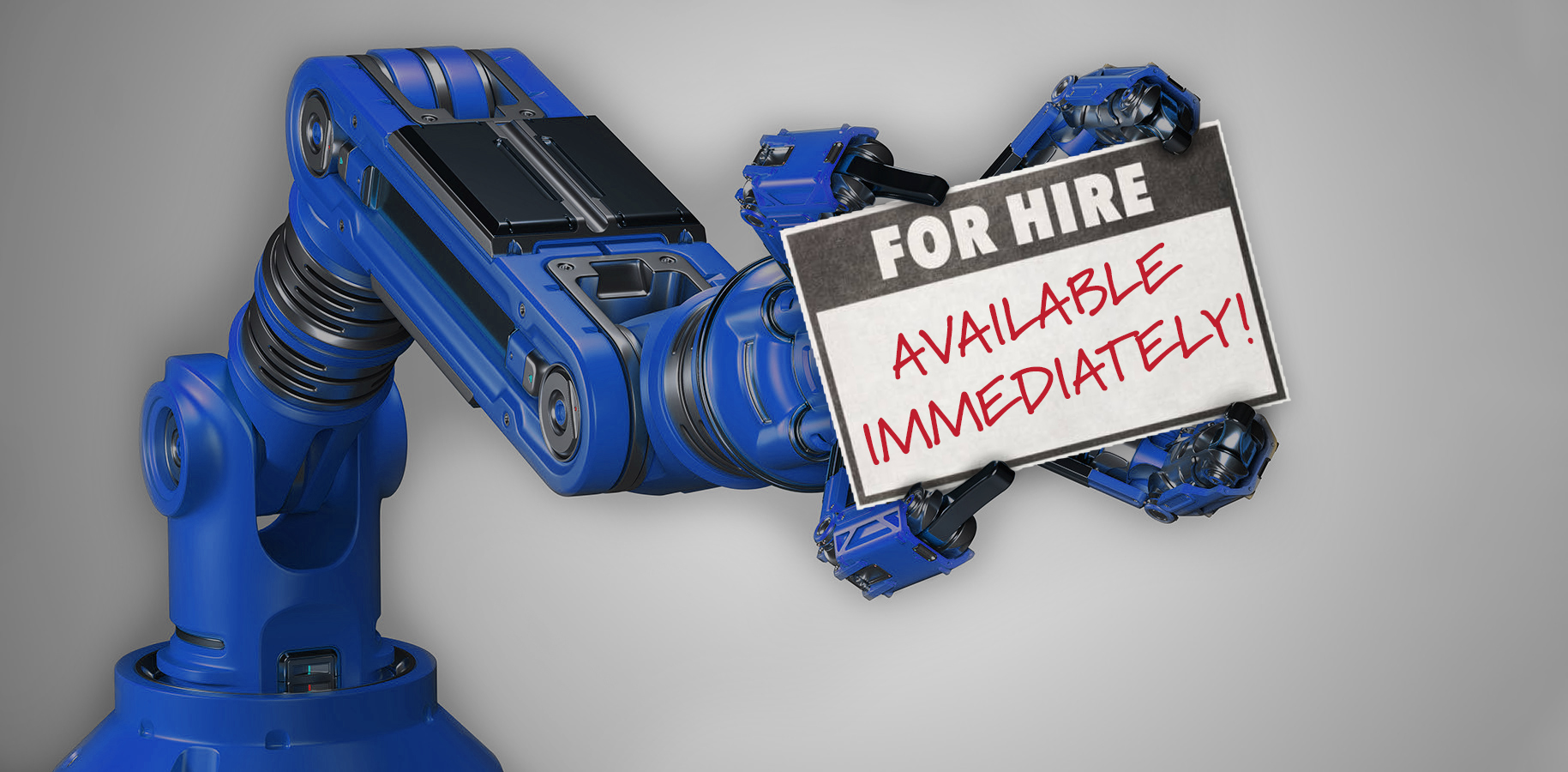You have less than ideal or bad credit.
You also need to finance a large purchase...but will you even qualify?
In this article, we'll explore what lenders (like us) want to see in a credit report, how that report can impact financing, and 6 simple steps you can take to raise your credit score quickly!
Let's start at the beginning.
What is a credit score?
A credit (or FICO) score is a 3-digit grading...ranging from 300-850. Multiple factors affect your score, including payment history, how much you owe, length of credit history, types of credit, and new inquiries.
The impact on financing
The higher your credit score, the more confidence a lender will have that you'll make payments on time. Often, a high score will help you qualify for lower financing charges and better terms. A low credit score has the opposite effect.
So, what happens if your score is lower than desired? You're in luck! There are steps you can take as a borrower to raise your credit score (and keep money in your pocket)!
6 ways to raise your credit score:
1) Review Your Credit Report
People with great credit are diligent about making sure the information on their report is accurate. Errors can reduce your score, affecting your ability to be financed.
You can view a free credit report from each of the three major credit bureaus (Equifax, Experian, and TransUnion) at www.annualcreditreport.com. Heads up: there is a small fee to view your actual score.
Action Items:![]() Check reports from all three major credit bureaus for accuracy.
Check reports from all three major credit bureaus for accuracy.![]() Look for what is helping or hurting your score.
Look for what is helping or hurting your score.![]() Correct or dispute any errors by contacting the credit bureau.
Correct or dispute any errors by contacting the credit bureau.
2) Pay Your Bills (On Time)
Payment history accounts for around 35% of how your credit score is calculated. That's HUGE! Credit bureaus look at your track record of paying back debts like credit cards, loans, and mortgages. Any prior bankruptcies, suits, liens, and judgments are also factored in.
This one is straightforward. A history of prompt payments helps your score. Late or missed payments hurt it.
Action Items:![]() Avoid "lates" by enrolling in automatic payments, or
Avoid "lates" by enrolling in automatic payments, or![]() Add due dates to your phone to remind you to pay.
Add due dates to your phone to remind you to pay.
3) Avoid "Maxing Out" Your Credit
Bureaus look at the portion of your credit limit being used at any given time. This is the second most important factor in calculating your credit score. If you're nearly "maxed out" on your credit cards, your credit score will be lower than if you've only used a portion of that limit.
Action Items:![]() Try to pay down existing balances to get you closer to 30% of your limit.
Try to pay down existing balances to get you closer to 30% of your limit.![]() Pay down any installment loans.
Pay down any installment loans.
4) Limit Requests for New Credit
There are two types of inquiries into your credit history: hard pulls and soft pulls.
A typical soft pull might include you (or a bank you do business with or credit card company) checking your credit. Soft pulls do not affect your credit score.
On the flip side, hard pulls (think credit card, mortgage, or auto loan applications) can negatively affect your credit score if done too frequently. If you're trying to open multiple lines back-to-back-to-back, lenders may assume you're facing financial hardship and deem you a risk. (Don't worry about the occasional hard pull.)
Action Item:![]() Avoid any unnecessary hard pulls before applying for financing.
Avoid any unnecessary hard pulls before applying for financing.
5) Deal with Delinquencies
Negative account information can remain on your credit history for up to seven years, and bankruptcies will remain visible for 10 years. It's best to deal with blemishes now...before they have a chance to affect you (and your business) for years to come.
Action Items:![]() Get caught up on what's past due.
Get caught up on what's past due.![]() Work to pay off any charge-offs or collection accounts.
Work to pay off any charge-offs or collection accounts.![]() Make future payments on time (did you set up Auto-pay yet?!)
Make future payments on time (did you set up Auto-pay yet?!)
6) Keep Old Accounts Open
Length of Credit History refers to how long you have had and used credit. The longer your history of responsible credit management, the better your score will be. If you have an established credit history, open/free credit to use, and have paid on time, every time, you'll appear more favorable (i.e. lower risk) to lenders.
Action Items:![]() Use credit (responsibly!) to build a history for lenders to look at.
Use credit (responsibly!) to build a history for lenders to look at.![]() Don't close old accounts - leave them open even if you aren't using them.
Don't close old accounts - leave them open even if you aren't using them.![]() Keep your total balance to available credit ratio at 30% or less.
Keep your total balance to available credit ratio at 30% or less.
Raising your credit score takes time. Don't get discouraged.
Improving your credit score isn't something you can do overnight. It can take several weeks, sometimes even several months, to see a noticeable difference. Good credit management leads to:
// Higher credit scores
// Lower cost to borrow (lower rates)
// Better terms
Living within your means, using debt wisely, and paying bills on time are smart financial moves that will set you up for credit score success.
Financing for bad credit
Even if you have bad credit or shallow credit, we may still be able to help! Geneva Capital Credit Analysts take the time to get to know you and your story and make every effort to get you approved for financing with the best terms possible.
We're a direct lender, giving us the freedom to look at the whole picture (not just your credit score), and to be more flexible and competitive than other lenders.
When you're ready to move forward with your purchase, we'll be ready to get you the financing you need!
*Geneva Capital LLC cannot guarantee an improvement in credit score or that you will secure financing with us or any other lender by following the suggestions in this article. Each situation will vary, so consulting your financial advisor is recommended.








Something to say? Share it!